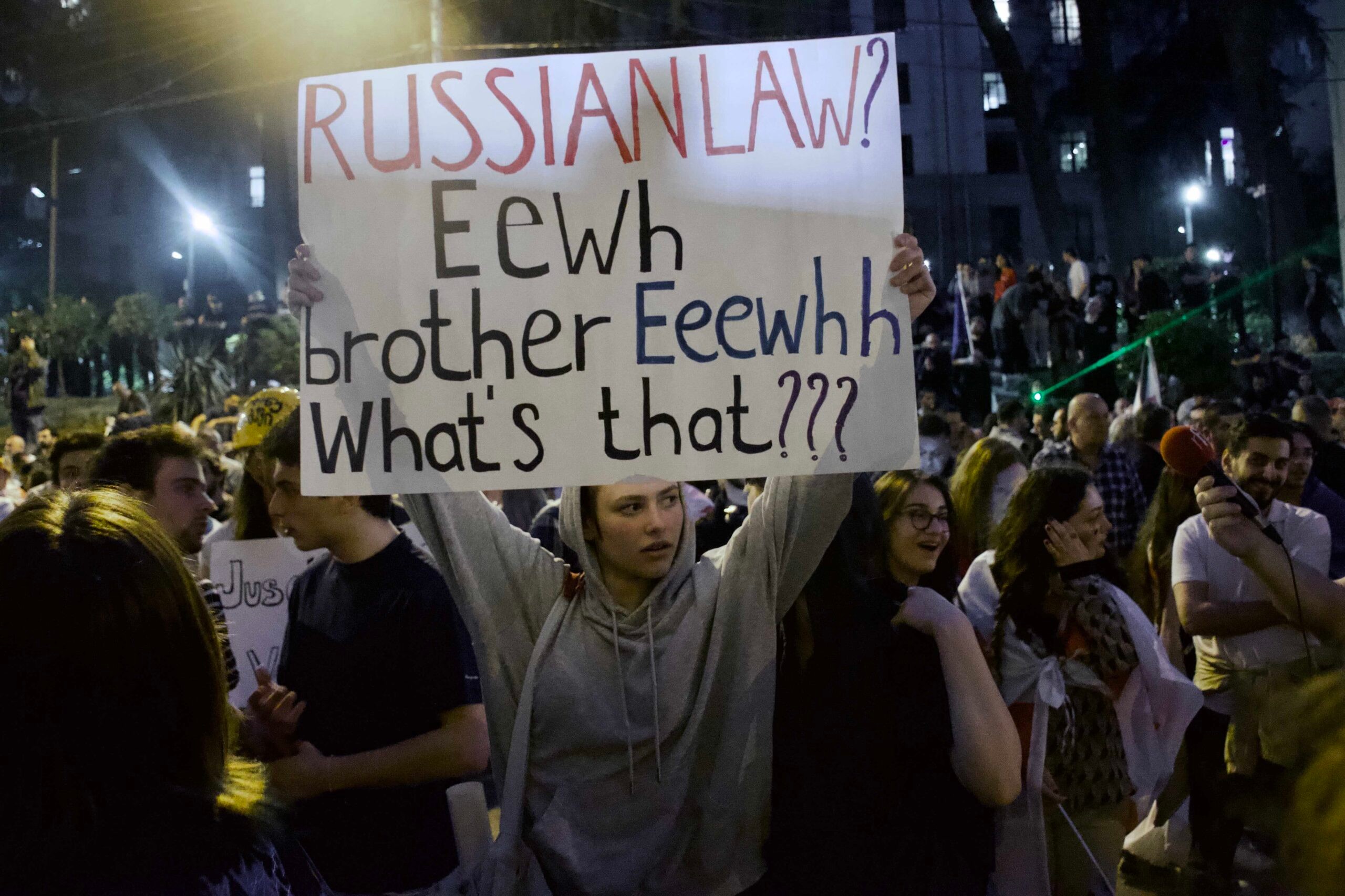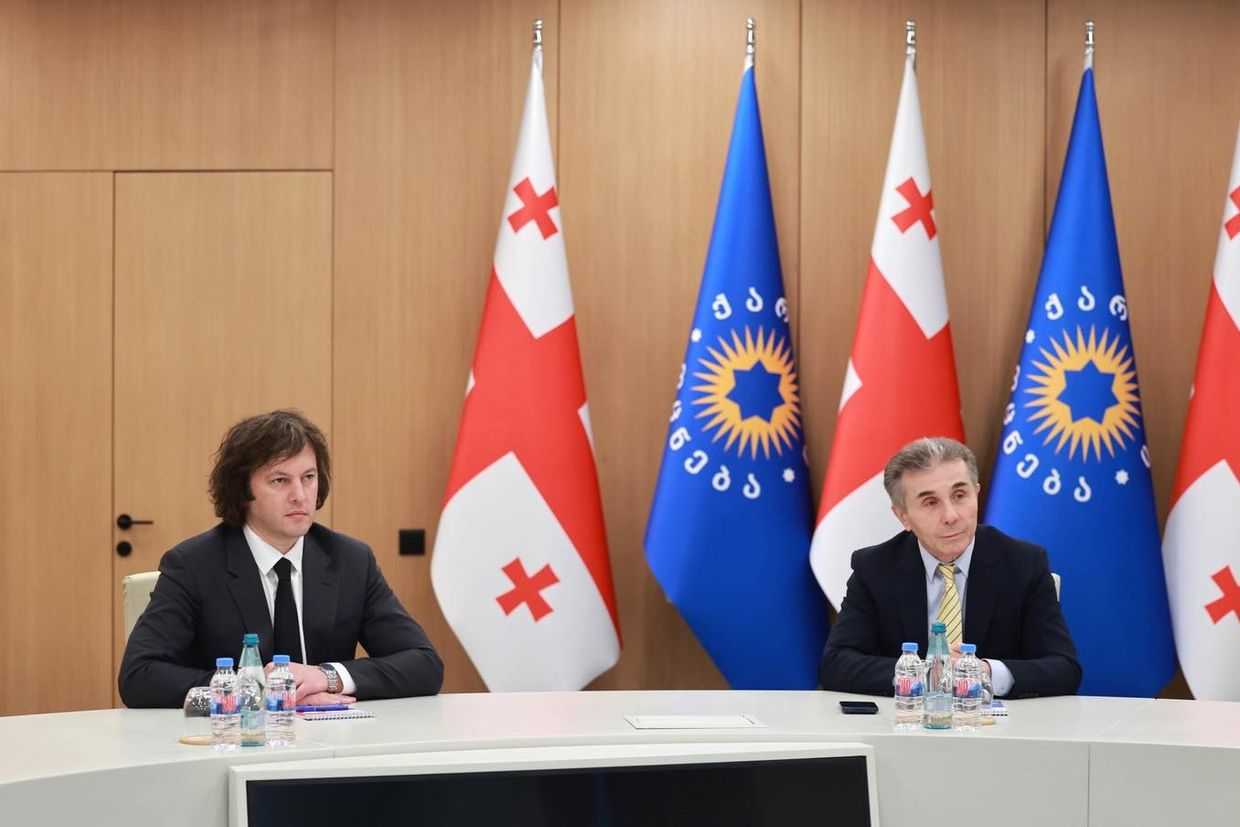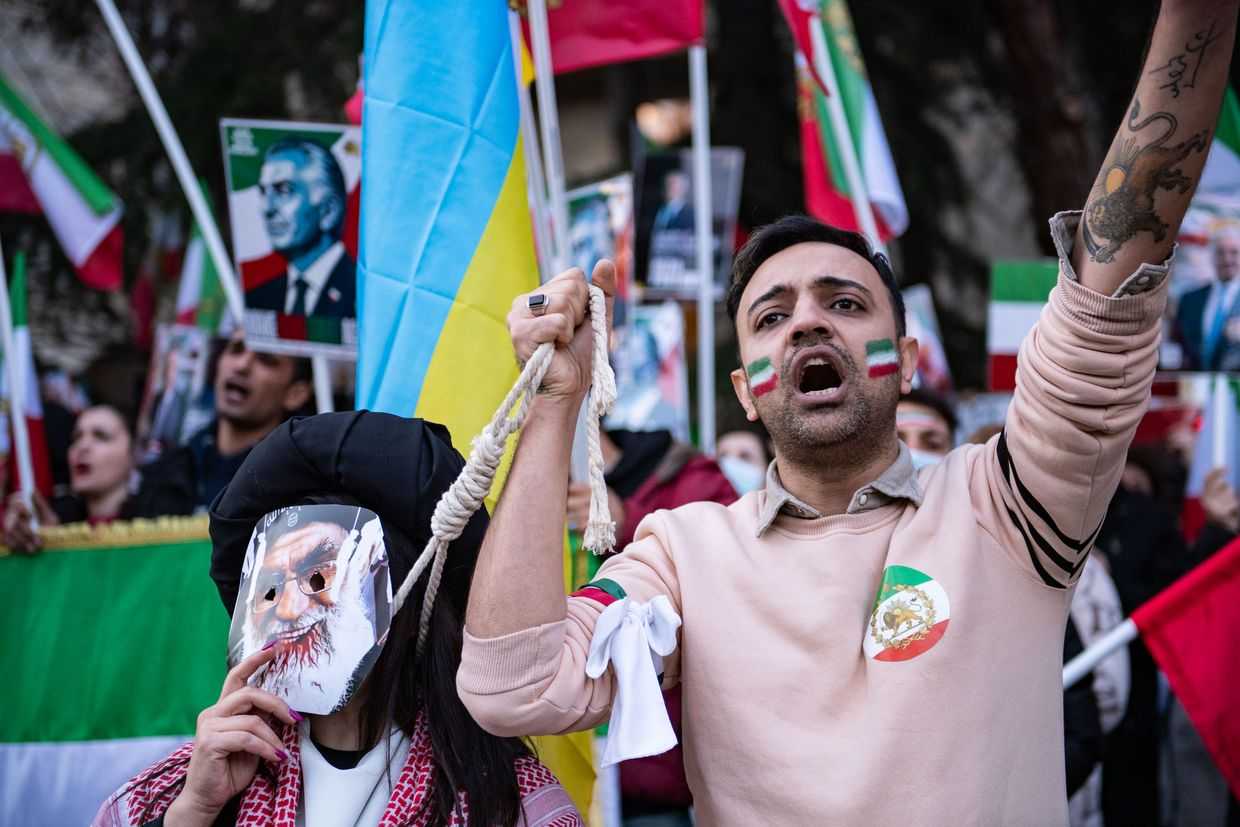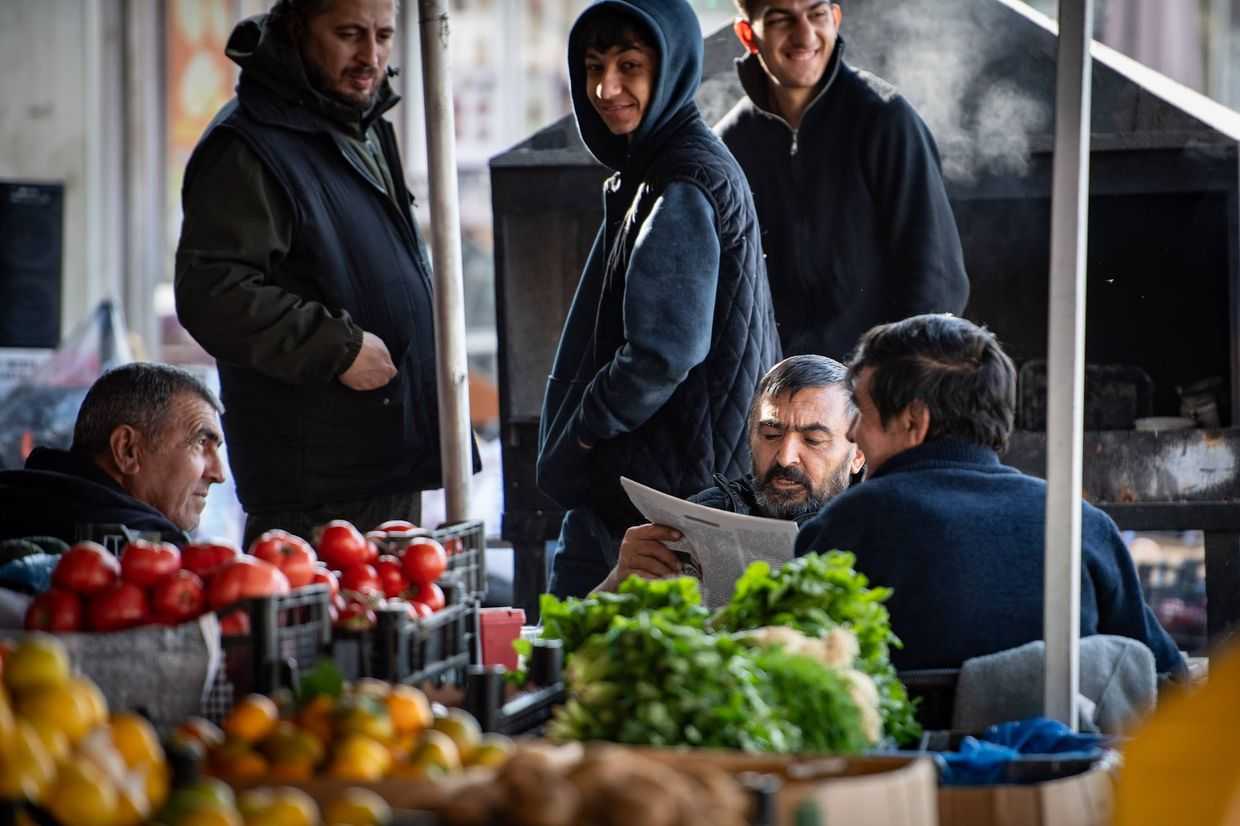
Speaking before the Constitutional Court on Friday, Georgia’s Deputy Justice Minister, Tamar Tkeshelashvili, stated that 322 organisations had applied to register as entities ‘promoting the interests of a foreign power’ under the controversial foreign agent law the country adopted earlier this year.
Tkeshelashvili, who originally claimed just 233 groups had registered, noted that there was ‘still time’ before the 2 September deadline to voluntarily self-register.
The number would represent only a fraction of the 30,000 non-profit organisations Tkeshelashvili said existed in Georgia, though some of those may exist only on paper or be affiliated with the government.
This was the first figure released by the government since it launched the online public registry. To date, not a single group has been officially listed as a foreign agent.
[Read more: Georgian government launches onerous and invasive registration for ‘foreign agent’ NGOs and media]
Critics were quick to point out that the government had failed to effectively persuade civil society groups, including media organisations, to embrace the label and proactively register as foreign agents, with fewer than 1% complying with this requirement.
Following the reactions, Tkeshelashvili later claimed that the number had risen to 322 and admonished critics, without naming them, for focusing on the percentage.
Tkeshelashvili’s testimony took place on the second day of a status conference held by a nine-member plenum of constitutional court justices. The conference was convened to address several lawsuits challenging the Georgian law on ‘transparency of foreign influence’, one of the most controversial pieces of legislation in the country in recent decades.
The claimants, including President Salome Zourabichvili, 38 MPs, and over 120 civil society groups, have argued that the bill, which would classify non-profit and media organisations receiving at least 20% of their funding from abroad as ‘carrying out the interests of a foreign power’, threatens to derail Georgia from its pro-Western trajectory.
The bill was first introduced last year, but was dropped after massive protests. It once again triggered a wave of street demonstrations this spring after it was re-initiated. Despite the public outcry, the ruling Georgian Dream party pushed the legislation through parliament, overturning the president’s veto on 28 May and immediately adopting it.
Critics have labelled the law the ‘Russian law’ because of its similarities to legislation implemented in Russia since 2012 which has been used to suppress domestic dissent and stigmatise groups critical of the government.
The bill has faced widespread condemnation from both the US and the EU.
The US imposed visa restrictions on an unspecified number of ruling party members and their families, and suspended $95 million in aid to the Georgian government in response. Meanwhile, the EU cancelled €30 million ($32 million) in military aid, and indicated that Georgia’s bid to join the bloc had been halted.
Since Thursday, representatives of the parliament and government officials testifying before the Court have vigorously contested the claim that labelling groups as promoting the interests of foreign powers would amount to stigmatising them.
In addition to concerns about the stigma associated with being labelled as ‘promoting the interests of foreign powers’, critics have highlighted several legal and democratic issues related to the new legislation. These include the Justice Ministry’s power to scrutinise internal communications and documents of such organisations, and to access the personal information of individuals associated with these groups. This could include sensitive data such as political opinions, medical records, or criminal history, raising serious privacy and confidentiality concerns.
Speaking in court on Friday, Davit Nemsadze, the head of the National Agency of Public Registry, attempted to downplay concerns about the confidentiality of journalistic sources for media groups. He assured the court that such information would never be included in the public registry of foreign agents, stating that ‘only the state would know it’.
Confidentiality of sources is crucial in the media industry in order to protect against potential retribution, especially from the government.









